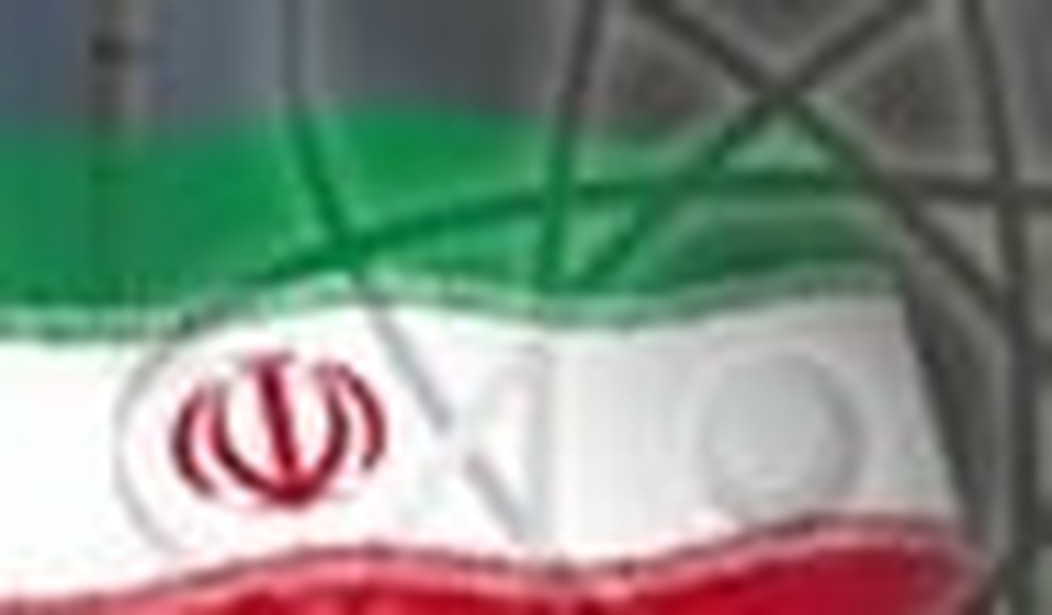In a surprise move, the North Koreans gave the U.S. president what some believe is his second major achievement in his administration’s campaign against the proliferation of nuclear weapons.
After having convinced Libya to dismantle its nuclear weapons program in 2003, North Korea, after many years of negotiations, has now also decided to come clean about its nuclear program. Under a new deal, Pyongyang will now declare its plutonium-based materials and facilities, something which it has hidden for many years.
To demonstrate their goodwill, the North Korean authorities, publicly and dramatically blew up the cooling tower of their nuclear facility in Yungbyon. This was to show that the site which many have suspected of producing weapons-grade plutonium, will no longer be active, as per Pyongyang’s promise. In return, the U.S. will remove the country from its Trading with the Enemy Act and State Sponsors of Terrorism list in the next forty-five days.
Despite the achievement, the recent deal has its critics. According to some experts, the North Koreans have not declared their secret uranium enrichment facilities. They have also not divulged details about their previous proliferation activities in places such as Syria. These criticisms have some justification. But overall, the deal can be considered a success: the international community, using diplomacy, has managed to freeze an important part of North Korea’s nuclear program. This is something which many thought impossible.
So far, the Bush administration has repeatedly failed to curb Iran’s nuclear program. In light of recent events, the unavoidable question leaps to mind: Can the same methods applied to the North Korean model be used in dealing with Iran’s?
Currently, the answer is no.
Why?
First and foremost, the stance taken by the international community against North Korea was far more united than the one currently being taken against Iran. The North Koreans were told from the beginning that only one group of countries will negotiate with them: no on else. Dubbed the “six party talks,” the countries involved were China, U.S., Russia, Japan, and South Korea.
This is not the case with Iran. Sadly, there is no prospect for the formation of a united international stance against Tehran’s nuclear program. There are many different entities trying to negotiate separately with Tehran, including the Russians, the Chinese, the EU, and the IAEA. This scatter-gun approach reduces the impact which the six-party talks produced against North Korea. Also, it allows Tehran to play one side against another, thus giving Iran more power and playing for time to progress with their nuclear program even as they negotiate.
There is also the question of political leverage. North Korea has no allies in any of the countries where the West, especially the U.S., has an interest. The same cannot be said about Iran. Tehran has strong influence in places such as Iraq, Lebanon, and Afghanistan, all of which are important to Washington. In fact, in each of these countries, Iran’s influence is increasing at the expense of America’s power.
This is coupled with the major question of economic leverage. North Korea is a hermit state, with little heavy industry, and a receding agricultural capability. Its only viable export is defense products, which it sells to countries like Syria and Libya. The international economic system can live without North Korean goods and raw materials.
The same obviously cannot be said about Iran, which has oil, which the West badly needs. In addition, isolating Iran economically is far more difficult than isolating North Korea, as Iran is surrounded by countries who depend on cross-border trade with it. This is especially true of Iraq, whose reconstruction, something for which the U.S. is working, depends on raw materials and funds from Iran. This is particularly true about Shiite areas where Washington has less power.
And yet, some lessons can be learned from the North Korean experiences.
Despite its shortfalls, the recent agreement with North Korea shows that the combination of carrots and sticks, and strong and united diplomacy, can work under certain circumstances. At a minimum, the international community should at least try to form a united stance against Tehran, as it did against Pyongyang.
The recent achievement in North Korea also shows that the current U.S. stance of refusing to talk directly with Iran is not necessarily the best strategy. When it comes to diplomatic efforts to solve the Iranian issue Washington should stop becoming a spectator and instead join the process, as it successfully did with Pyongyang.
For now, the picture looks grim. Not only is the Iranian government not interested in showing any sort of compromise, and if you believe the recent article in New Yorker magazine, it also seems that Washington is still pursuing a policy of promoting regime change in Iran.
The U.S. should not repeat the mistakes in diplomacy it made in Iraq. Instead, it should learn from and try to repeat its recent North Korean accomplishment.








Join the conversation as a VIP Member